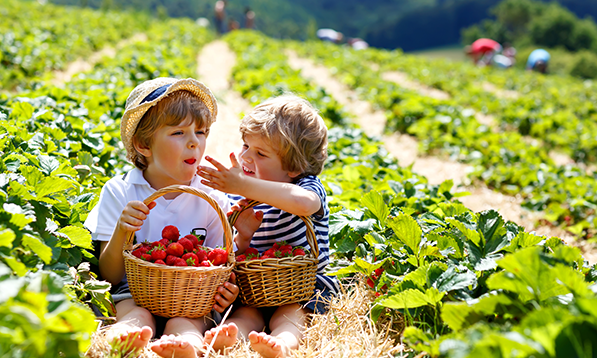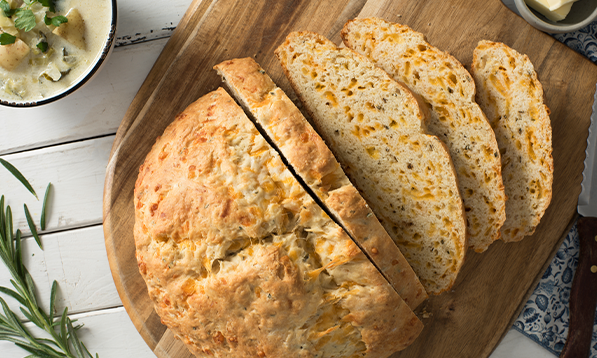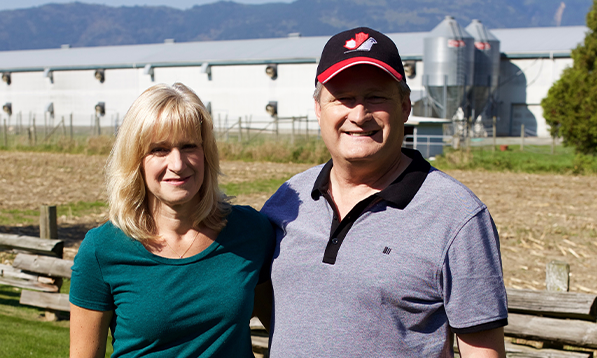
Meet BC Chicken Farmer Dave Martens
October 17, 2019
You asked, we answered! Earlier this fall, We Heart Local BC reached out to our community to hear “what questions do you have for a chicken farmer?” And you provided some great ones!
We took your questions right to the source and interviewed Dave Martens, a BC broiler chicken farmer from Abbotsford, BC. He talked about his family-owned farm, one of more than 300 broiler chicken (chickens that are raised for meat) farms in BC.
WHL: Can you tell us a little bit about your family farm? Did you grow up farming?
DM: Actually, I was raised a city kid. But my wife Sheryl grew up on a dairy farm, and we knew we wanted to raise our children in the country. We applied for, and were selected under the BC Chicken Marketing Board’s New Entrant Grower Program. We placed our first flock of chickens on August 10, 1990.
Most chicken farms in Canada, like mine, are family-owned. Our four children are involved in our farm and have been from an early age. While they have other careers now, they are still passionate about Canadian farming and I hope to see them continue this business into the future.
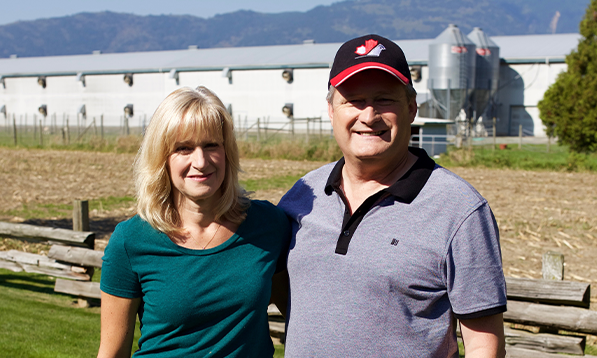
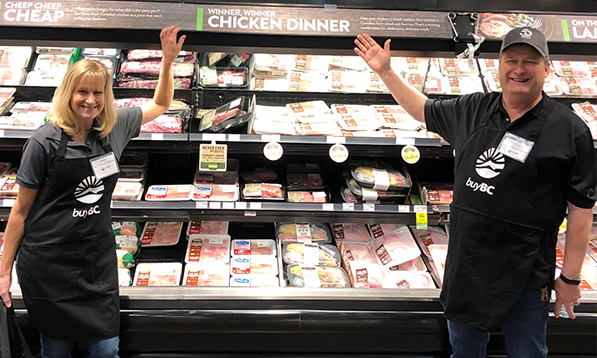
WHL: How long are chickens raised for?
DM: The chicks come to my farm at 1 day of age, just after they hatch. As a farmer, it is my job to care for them, show them where to find food and clean water. I provide them with a warm, stress free barn and protect them from predators. They are free to move around within the barn.
Typically, broiler chickens are raised for 5-6 weeks - ours take between 31 days and 38 days. By the time they’re ready for market, they weigh about 1.7-2.3 kg each. Chickens have been selectively bred (not genetically modified) for desirable characteristics that enhance bird health and welfare, while also meeting the demands of consumers in the market.
WHL: What do you feed them?
DM: In Canada, we primarily use corn, wheat, and soya meal (the soybeans are crushed for their oil, and the mash left over is used in the animal feed industry). We also make sure to give our chickens vitamins, and minerals like calcium to promote good health and bone strength. Feed nutritionists help to create diets that meet the needs of the birds as they grow. Feed mills follow strict guidelines, administered by the Canadian Food Inspection Agency (CFIA), that govern what ingredients can be used.
WHL: What about hormones and steroids?
DM: We NEVER feed our chickens hormones or steroids. We don’t have to since they grow quickly and naturally on their own through selective breeding, and good health, as I mentioned earlier. In fact, the use of hormones and steroids have been banned in Canadian chicken production since the 1960s’.
“When you buy local chicken, you can be confident it’s raised without hormones and steroids. And when you buy fresh chicken in BC stores, you are supporting local farmers.” - Dave Martens, BC Chicken Farmer
WHL: Do you use antibiotics?
DM: Farmers can use antibiotics in chicken farming to protect the health and care of the birds. Antibiotics are given to treat the birds when they are sick, and to prevent them from getting sick in the first place. The antibiotics used in humans are NOT the same ones used most often in chicken production. So, we can use antibiotics if the birds need them, but we don’t use them for growth promotion – and all medications used on my farm have to have a veterinarian’s prescription. It’s like if my pet were sick. I’d take it to the vet to receive treatment and prevent potential suffering. If I can help my animals stay healthy, that’s the goal.
WHL: How do you handle any health issues with your chickens?
DM: In Canada, chicken farmers from coast to coast must meet the same standards for animal care and food safety. Farmers are audited on this to ensure that all Canadian consumers can buy a safe, consistent product.
We regularly monitor our flocks for any health issues. Sheryl and I are in our barns several times a day. If we notice a health issue we immediately work closely with a poultry veterinarian and a poultry nutritionist to solve the issue as soon as possible. And because I’m there to look after them, I know what my birds look like when they’re comfortable. For example - did you know chickens cannot sweat? If they’re panting and their are wings spread out, we know they are too hot.
WHL: So what actions do you take if the chickens get hot?
DM: BC chicken farmers use a lot of technology; most operations are automated and monitored with computers. For example, I track relative humidity, C02 levels, and air speed. We use cooling systems called tunnel ventilation. In fact, I can use my cell phone to adjust the fans and lights to ensure my chickens stay comfortable.
WHL: How can people tell they are buying Canadian chicken from a farm like yours?
DM: Just look for the ‘Raised by a Canadian Farmer’ logo on the fresh chicken you buy to ensure you are buying Canadian chicken. All farmers across Canada have to meet the same high standards, so when you buy local chicken, you can be confident it’s raised without hormones and steroids. And when you buy fresh chicken in BC stores, you are supporting local farmers.
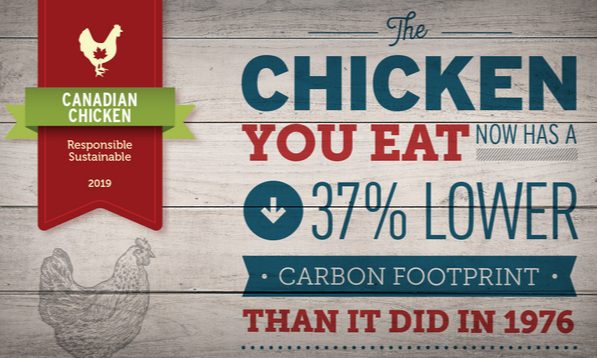
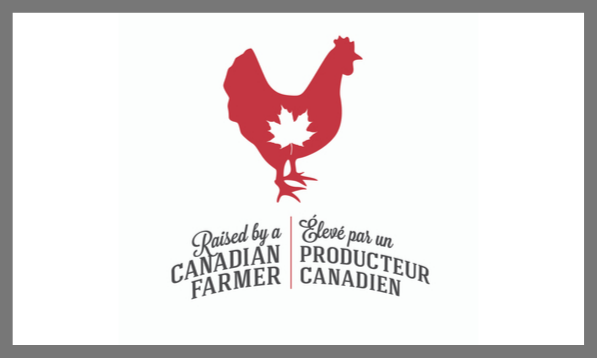
Chicken is such a versatile local ingredient -- you’ll find a ton of ideas in our recipe explorer for how to enjoy it! For an easy weeknight meal, try this recipe for creamy chicken and spinach; or this one for lime, baby bok choy and chicken curry with rice. To meet more local food producers like Dave and discover more delicious in-season recipes, join our community on Facebook and Instagram.
If you are looking for more information about BC chicken, check out bcchicken.ca or chickensquad.ca
